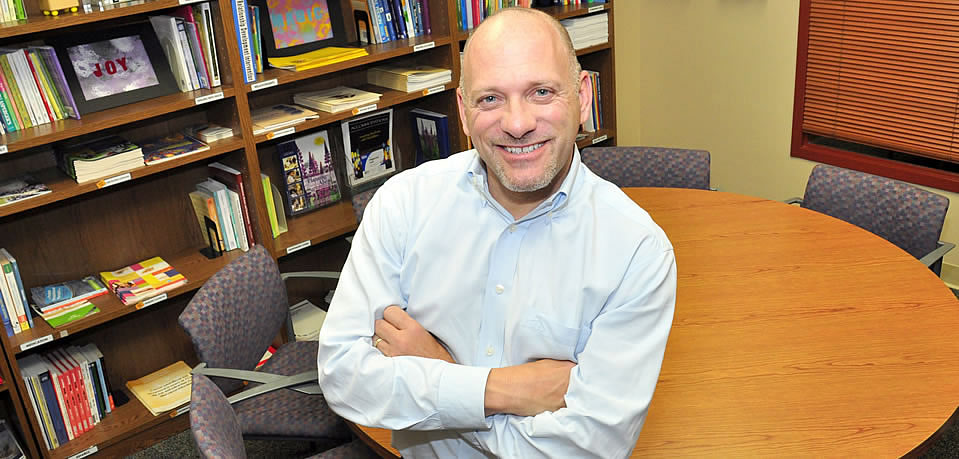A study by a national team of researchers including faculty from the University of Miami/Nova Southeastern University Center for Autism and Related Disabilities (CARD) is included in the 2013 Summary of Advances in Autism Spectrum Disorder Research.
The U.S. Department of Health and Human Services Interagency Autism Coordinating Committee (IACC) releases the Summary each year to recognize 20 “major advances in understanding the complex causes of autism spectrum disorder (ASD), prevalence and identification of ASD in diverse communities, novel methods for early detection and intervention, and the impact of different service approaches on outcomes for individuals with autism and their families.” These 20 studies were selected from among more than 2,000 autism research findings published in 2013.
 The CARD-affiliated study included in the Summary was led by a national team of autism experts, including the University of Miami's Dr. Michael Alessandri, executive director of CARD and clinical professor of psychology in the UM College of Arts & Sciences. It examines the effects of two different treatment models that are widely used for preschool-aged children with autism. It compares the Learning Experiences and Alternative Program (LEAP) with the Training and Education of Autistic and Related Communication-Handicapped Children (TEACCH) programs.
The CARD-affiliated study included in the Summary was led by a national team of autism experts, including the University of Miami's Dr. Michael Alessandri, executive director of CARD and clinical professor of psychology in the UM College of Arts & Sciences. It examines the effects of two different treatment models that are widely used for preschool-aged children with autism. It compares the Learning Experiences and Alternative Program (LEAP) with the Training and Education of Autistic and Related Communication-Handicapped Children (TEACCH) programs.
Dr. Alessandri said, “The study was hugely impactful in that it was the first national, large-scale study to comparatively evaluate comprehensive treatment models for students with autism in public school preschool settings.”
LEAP focuses on applied behavior analysis and early childhood education principles to reduce characteristics of ASD that interfere with learning; it is used in inclusive settings, where children with ASD are in the same classrooms as typically developing students. TEACCH, on the other hand, aims to change children’s environments to promote engagement and learning. It is often used in classrooms with only autistic students.
In the study, investigators evaluated 185 pre-school students with ASD in 22 LEAP, 25 TEACCH, and 27 non-model-specific classrooms in four states (Colorado, Florida, Minnesota, and North Carolina). Students were assessed on a number of measures – including cognitive, behavioral, psychological, and social skills – at the beginning and end of the school year.
The researchers found evidence that, “while the LEAP and TEACCH approaches are different, many teachers used a number of similar classroom practices,” leading them to conclude that “the common best practices, as well as common features between the various instructional approaches, may be what influence the child’s improvement the most.” They stated that high-quality classrooms lead to benefits for ASD children.
Alessandri added, “UM is well known for its excellence in autism service, surveillance, and genetics, but this study puts us on the map as a research institute of excellence in terms of treatment as well. Our team was honored to have been invited to participate in this groundbreaking study led by our colleagues at the University of North Carolina-Chapel Hill.”
CARD is a service center for individuals with ASD and their families through the University of Miami College of Arts & Sciences Department of Psychology. More than 8,000 families access services through CARD each year.
According to the IACC, the Summary “provides a snapshot of research progress encompassing both increasing knowledge about ASD itself and increasing understanding of approaches that can help address the challenges and needs faced by people with ASD across the lifespan.”

